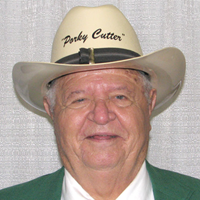Home » water treatment
Articles Tagged with ''water treatment''
Keep the info flowing with our eNewsletters!
Get the latest industry updates tailored your way.
JOIN TODAYCopyright ©2024. All Rights Reserved BNP Media.
Design, CMS, Hosting & Web Development :: ePublishing









